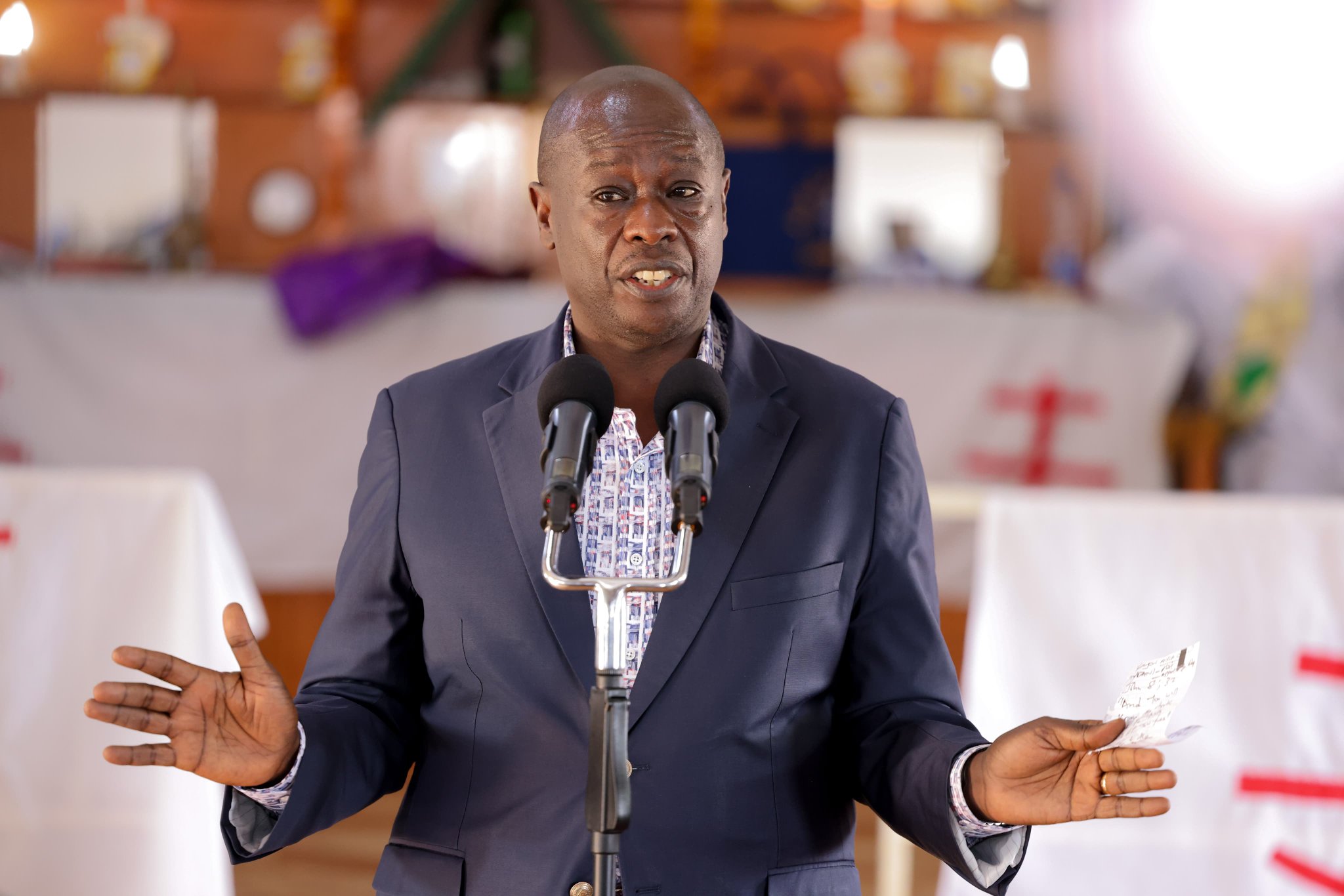The President William Ruto administration has suffered a major blow after the Court of Appeal declined to suspend the High Court decision that declared some sections of the Finance Act, 2023, including Housing Levy, unconstitutional.
In a ruling rendered by a three-judge bench comprising Court of Appeal justices Lydia Achode, John Mativo and Mwaniki Gachoka they declined a plea by Cabinet Secretary National Treasury and Planning Njuguna Ndungu, Attorney General Justin Muturi and Kenya Revenue Authority to suspend the High Court Judgement pending the hearing of their appeals.
“…we direct that the appeals be heard expeditiously so that the issues raised in the appeals can be resolved with finality,” the judges ruled.
This means Kenyans will not continue to contribute 1.5% of their salary towards the housing levy until the appeal is conclusively heard.
While dismissing the four applications seeking a stay lodged in court by the state, the judges noted that the High Court held that the Housing Levy was introduced without a legal framework.
“It also held that the levy was targeting a section of Kenyans. In our view, public interest lies in awaiting the determination of the appeal. This is because if the stay sought is granted at this stage, should the appellate court affirm the impugned decision, then some far-reaching decisions that will have been undertaken pursuant to the impugned laws may not be reversible,” the appellant judges stated.
“Public interest in our view tilts favour in not granting the stay or the suspension sought. Public interest tilts in favour awaiting the determination of the issues raised in the intended appeals. We find and hold that none of the 4 consolidated applications satisfies both limps. Accordingly, civil applications Nos. E577 of 2023, E581 of 2023, E585 of 2023 and E596 of 2023 are hereby dismissed.”
The decision comes after earlier this month the government lawyers led by Senior Counsel Githu Muigai put up a spirited fight to have the stay order issued to allow for the deductions to continue until their appeal is determined.
Githu had told the appellant judges if the High Court orders were not extended there would be a serious crisis and a lacuna on how the government will collect its taxes to finance major projects and pay salaries.
“Unless this court was to protect the Kenyan public, our appeal will be rendered nugatory. The consequences are unimaginable, legal constitutional crisis and the chaos that would follow are without precedent in the history of our country,” Githui stated.
However, petitioners led by Busia Senator Okiya Omtatah, LSK and Azimio la Umoja Coalition among others vehemently opposed the request for stay orders arguing that by tabling the Affordable Housing Bill, 2023, the State inadvertently conceded that there was indeed no legal framework under which the Housing Levy operates under the Finance Act, 2023.
The Government lawyers had also argued that if the court of appeal declined to grant the stay order the government is likely to lose revenue, and that it risks litigation in the event it is unable to honour contractual obligations.
Further, the Attorney General argued that the government will not be able to construct affordable houses and that jobs will be lost.
In addition, it was argued that 1000 statutory instruments would lapse leaving a lacuna which would endanger the operations of various state entities.
According to the government, President Ruto’s programme was beneficial to Kenyans owing to the jobs created.
Omtatah opposed the grant of the stay orders arguing that no irremediable harm will accrue to the government as opposed to the public.
The Housing Levy and several other sections of the Finance Act were declared unconstitutional by a three-judge bench made of Justices David Majanja, Christine Meoli, and Lawrence Mugambi on November 28, 2023.
According to the three-judge bench, the Housing levy contravened the Constitution given that only employed Kenyans faced deductions.









